26.05.2025 – 30.05.2025 (A Tate Papers A Pine 2)
The 164th birth anniversary of Gurudev Rabindranath Tagore, the first Nobel laureate of Asia and India, was celebrated at the India Centre on Shwe Bon Tha Road, Yangon on the evening of May 23.
Rabindranath Tagore Jayanti (or Gurudev Rabindranath Tagore) is being celebrated as a part of the “Jayatu Bharatam Lecture Series” to mark the 164th birth anniversary of Gurudev Rabindranath Tagore, and similar events are planned in other cities besides Yangon, including Zayarwady, Kyaukta Daga, and Mawlamyine.


Indian Ambassador to Myanmar Abhay Thakur said, “What makes Rabindranath Tagore even more special is that he had an impact beyond just literature. He deeply believed in the power of education and was a strong believer in humanism, the idea that everyone has great potential and should treat each other with love and respect.” Many of his poems and literary essays have been translated into Burmese, and his ideas resonated with Burmese intellectuals. His Nobel Prize-winning poem Gitanjali has become the voice of the soul of India. The echoes of that soul can be heard in Yangon today.
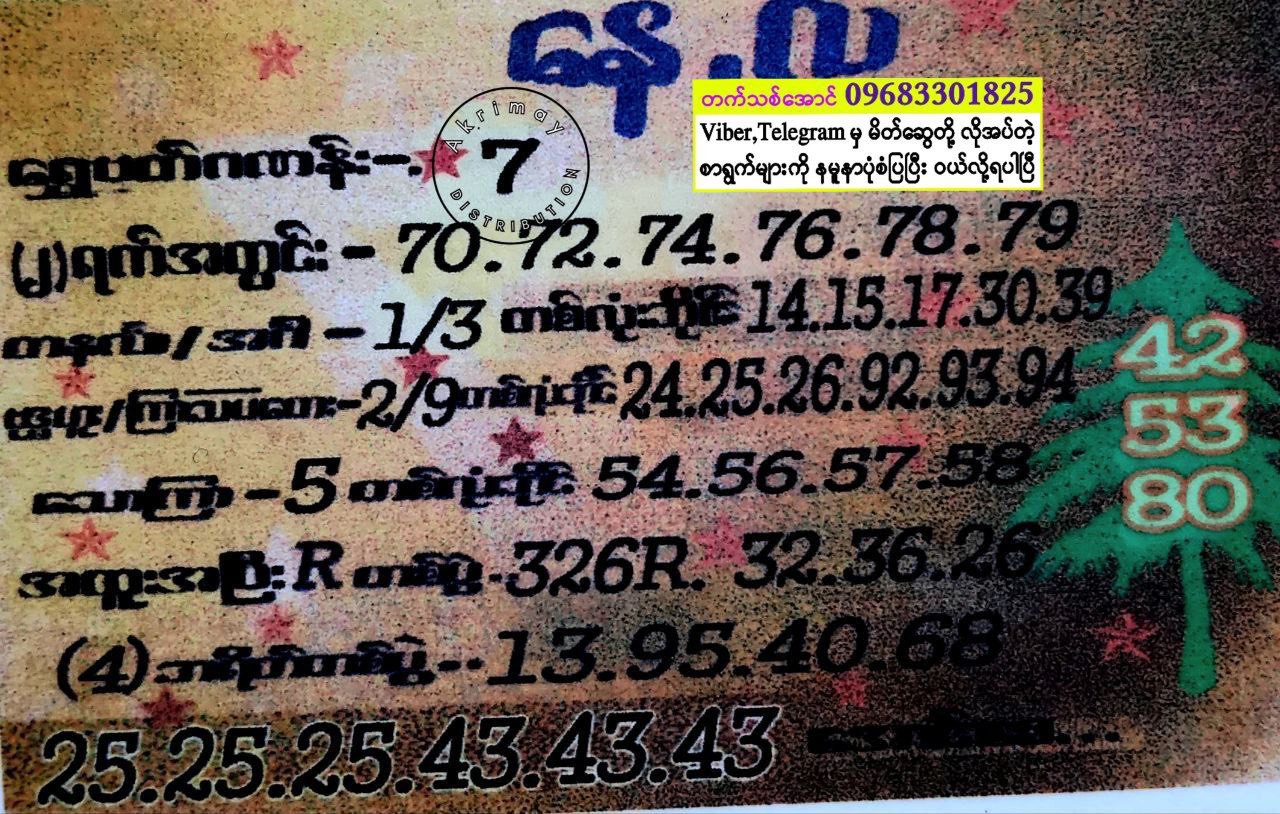
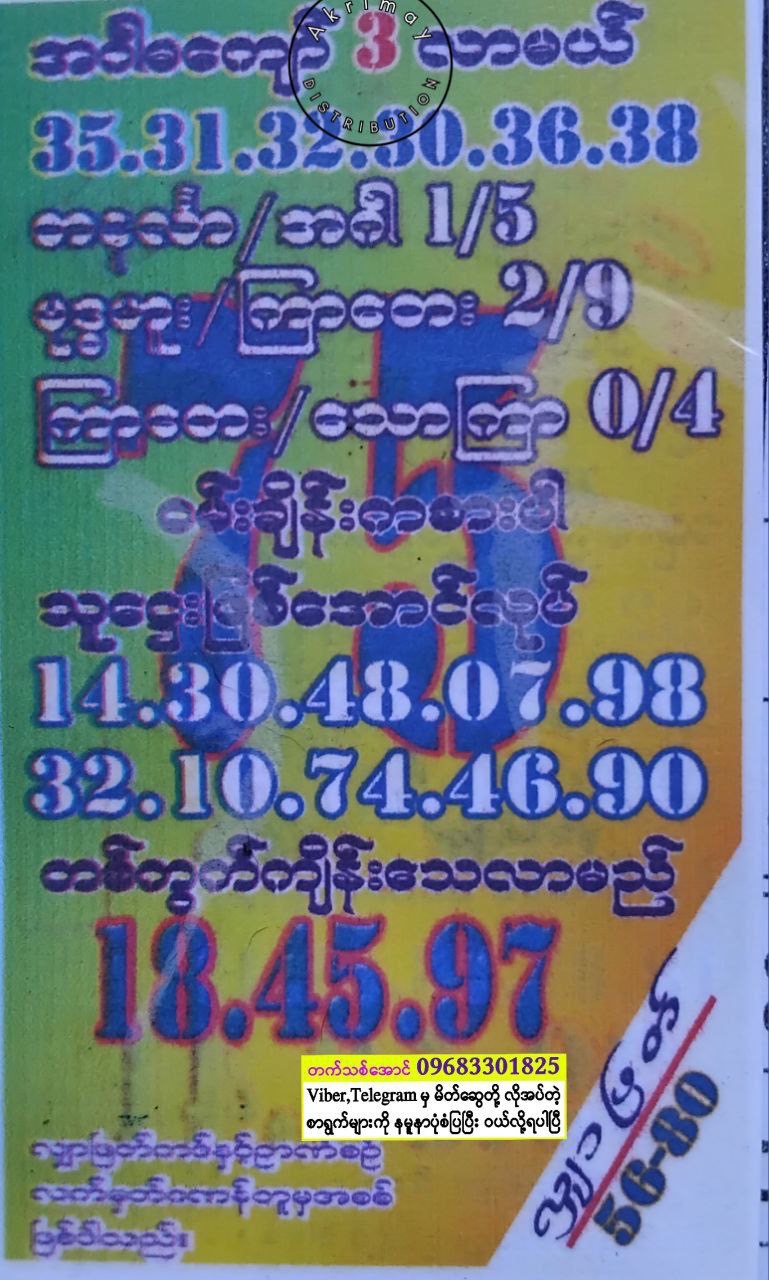
Tagore’s philosophy of nature and compassion, peace and harmony are very much in line with the cultural consciousness of the Burmese people,” he added in his speech at the event.
The birthday celebration of Rabindranath Tagore was attended by Abhay Thakur, Indian Ambassador to Myanmar, officials and members of the Tagore Society Myanmar, officials of the All Myanmar Hindu Central Council, representatives of the Myanmar-India Friendship Society, students of SVCC, and invited guests, who sang and recited songs about Tagore and poems from Gitanjali.
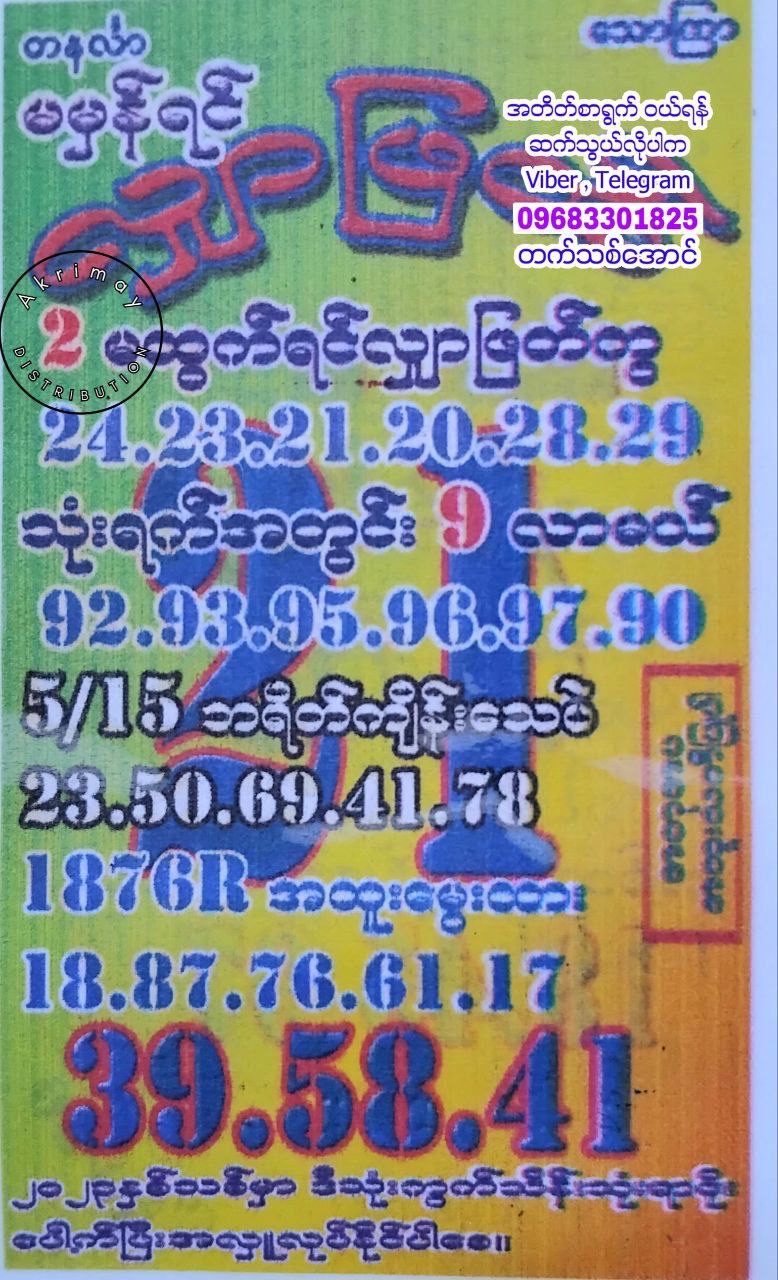
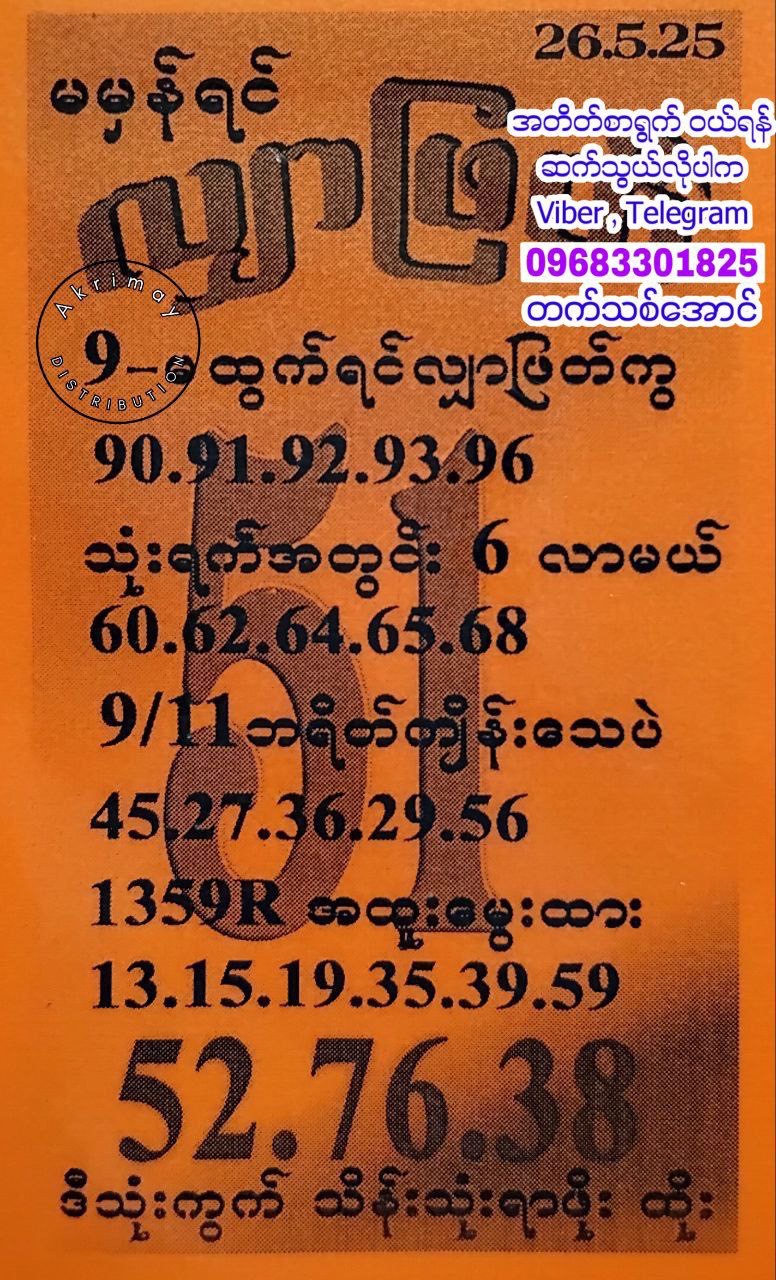
Rabindranath Tagore visited Burma three times, in 1916, 1924 and 1927, and his visits were not planned visits but an attempt to promote deeper cultural and spiritual dialogue between India and Burma.
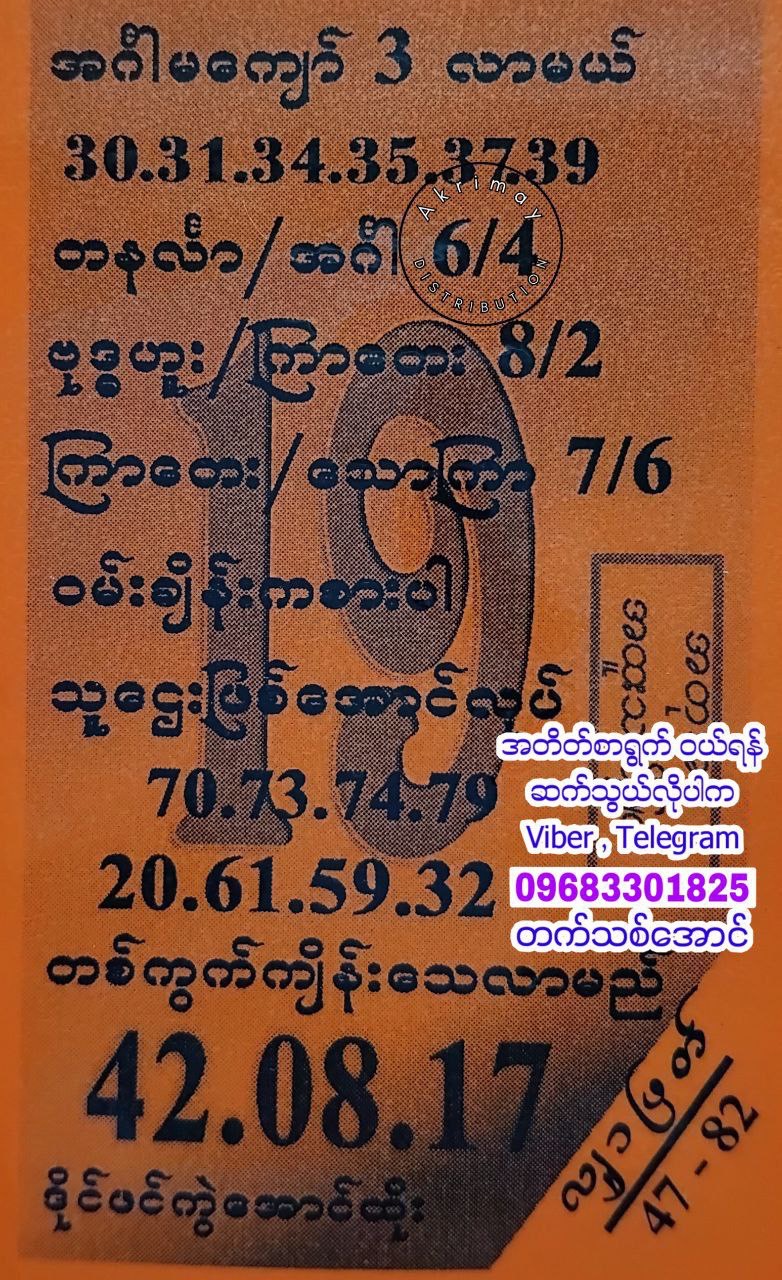

Rabindranath Tagore won the Nobel Prize for Literature in 1913 and was knighted by the British government in 1915. In 1919, he was returned to the British government for his brutal suppression of the Punjab riots.
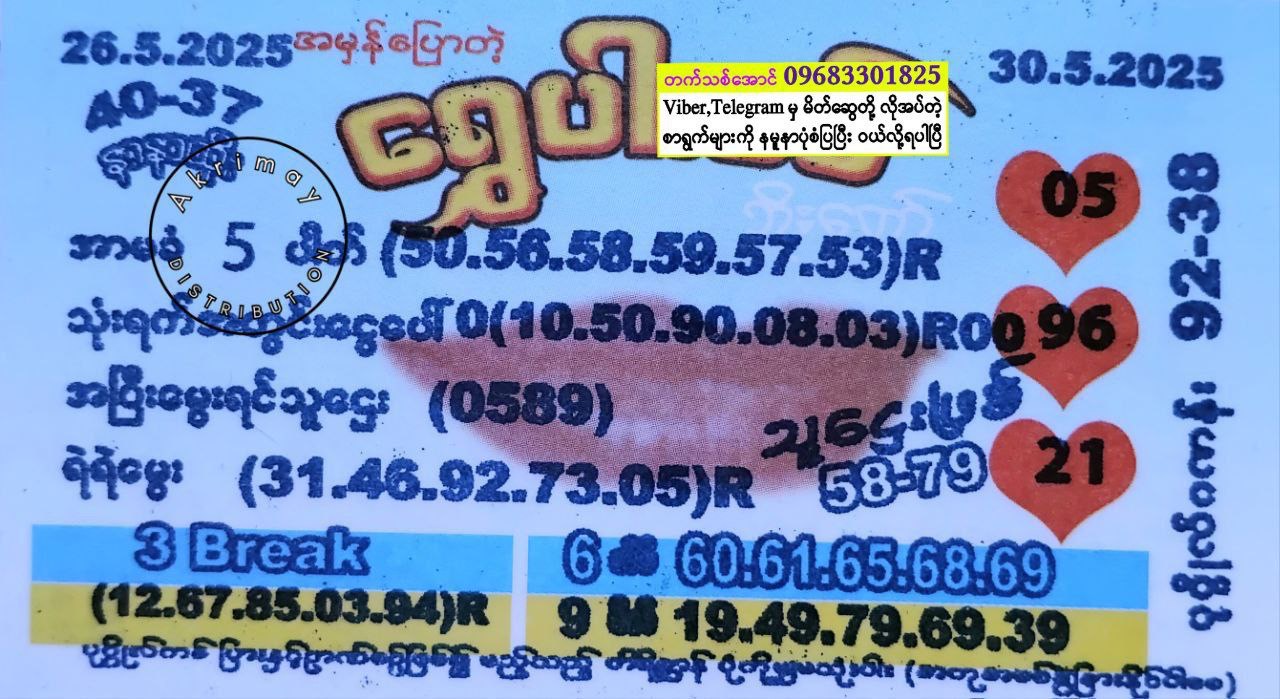

In 1930, he delivered the world-famous ‘Hibbard Lectures’ at Oxford University, and in 1940, a year before his death, Tagore was awarded a Doctor of Letters from Oxford University.
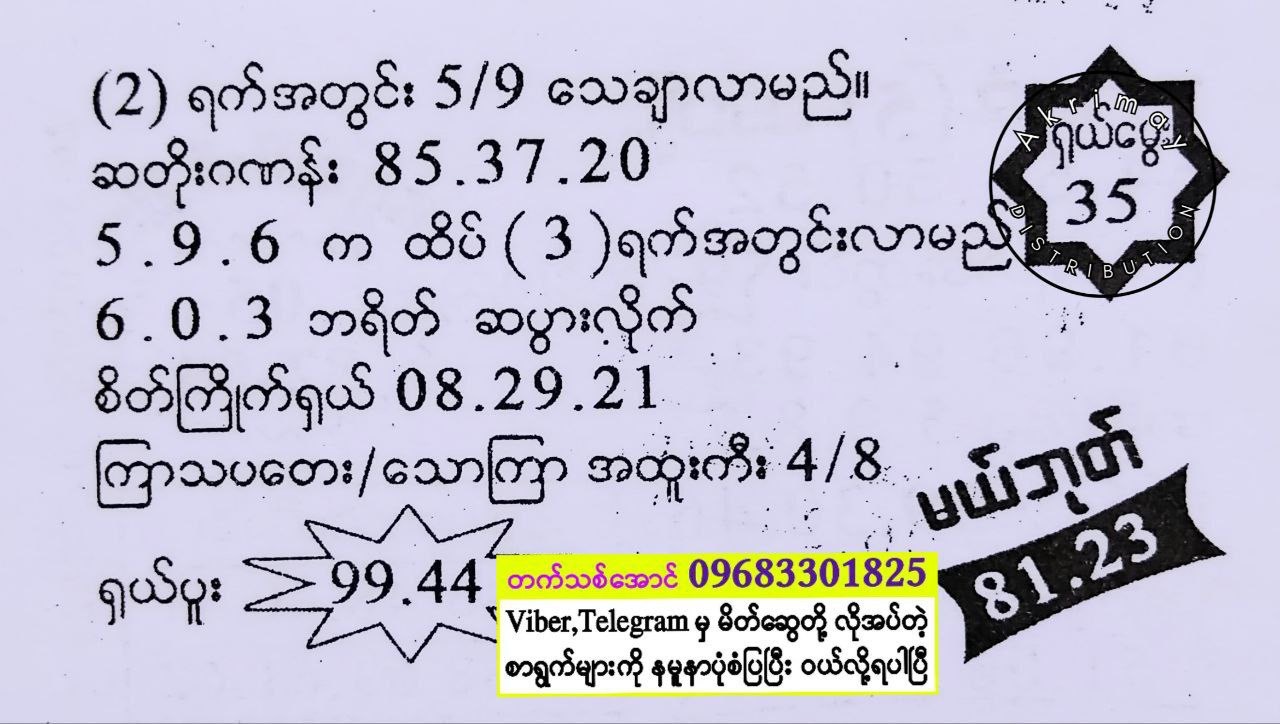
Tagore was not only famous for his literary works but also for his paintings. He started painting at the age of 68 and toured in Moscow, Birmingham, Berlin, Munich, Paris and New York.
Tagore wrote over 3,000 songs as a lyricist and published about 60 collections of poetry and other prose works such as short stories, novels, essays, prayers and plays. He died in Calcutta on August 7, 1941.